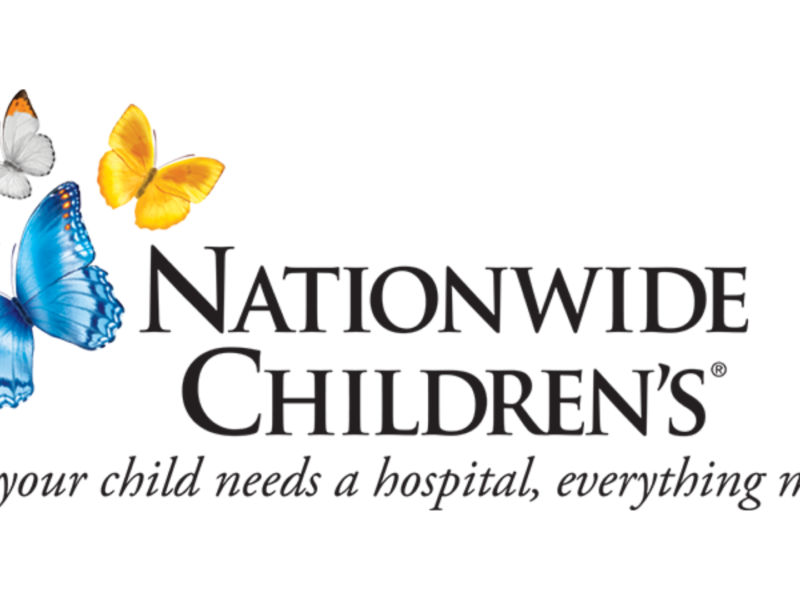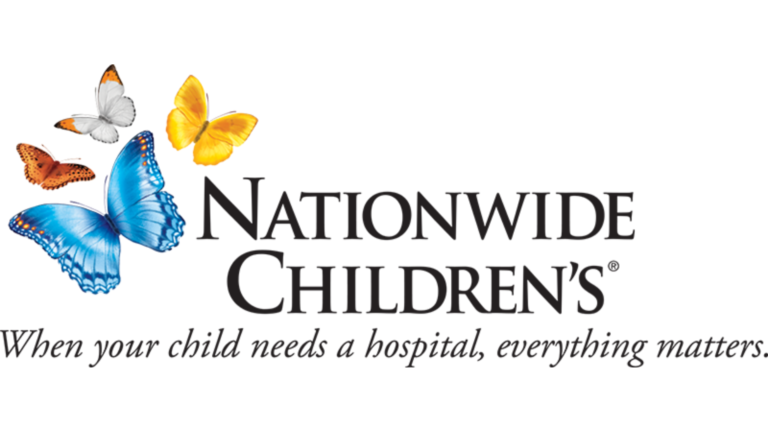In Duchenne muscular dystrophy, dystrophin protein is absent or partially functional due to mutations in the dystrophin gene. Multiple therapeutic approaches are targeting the mutational defects in Duchenne, one such therapy in development is gene therapy which delivers the corrected gene to enable production of functional dystrophin. Another approach is exon skipping which delivers anti-sense oligonucleotides (small pieces of DNA/RNA complementary to the faulty gene section) that bind to duplicated exon and delete it.
Approximately, 5-15 % of mutations in Duchenne are exon duplications. The most common exon duplication, which affects 1 % of people living with Duchenne, is an extra copy of exon 2.
Researchers at Nationwide Children’s Hospital have demonstrated restoration of full-length dystrophin with an exon-skipping viral vector gene therapy that targeted the extra copy of exon 2 in dystrophin gene and restored full-length dystrophin.
Results
The study had 3 participants. Just four months after treatment dose, the youngest patient (7 months old) demonstrated that 99% of his muscle fibers produced full-length dystrophin. The 2 older patients (8.9 and 13.7 years) also demonstrated full-length dystrophin production but the clinical and dystrophin protein level improvement were less prominent than seen in the younger participant.
This news is much welcomed and promising as it is the first-time full-length dystrophin has been stimulated by therapeutic intervention. This study’s outcome suggests that the therapeutic benefit of exon-skipping viral vector therapy might be greater if administered at younger age.



 Transformational transition project launches
Transformational transition project launches
